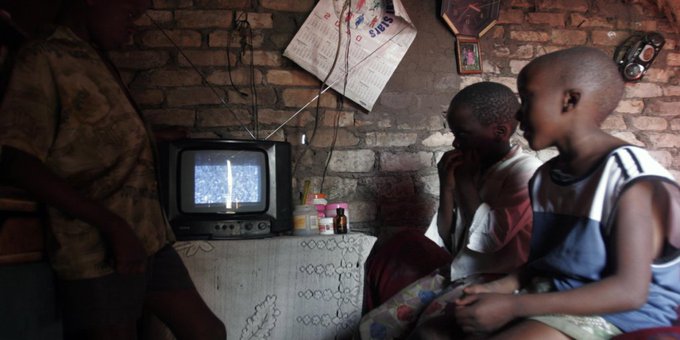One in three companies in French-speaking Africa struggles financially and faces difficulties growing as a result, according to a new report by the International Trade Centre (ITC). Training and information that help these businesses access finance is the most effective way to support their growth, it says.
The report, Promoting SME competitiveness in francophone Africa: Improving access to finance for inclusive growth, is based on a survey of more than 9,500 enterprises in 17 francophone countries in Africa and was prepared in collaboration with the Permanent Conference of African and Francophone Consular Chambers. It finds that small and medium-sized enterprises are more likely to record a fall in turnover, compared to larger companies. The report suggests that the proportion of large companies with falling turnover (15%) is less than half of the proportion of micro enterprises with falling turnover (34%).
Economic performance goes hand in hand with financial position. According to the report, the vast majority (66%) of companies in a difficult financial position are companies with falling turnover.’
The financial performance of companies often depends on the company’s ability to obtain credit. Yet banks in the region reject nearly a quarter of loan applications, mainly because of insufficient collateral and high risk of default. ‘Loan applications from service sector companies are those most frequently rejected (34%)’, compared to less than 20% in other sectors.
SMEs account for more than 90% of all businesses in Africa and employ about 60% of the workforce – most of whom are women and youth. Better access to finance and increased SME competitiveness may increase the opportunities and incomes of these groups, thereby reducing employment inequalities in the continent.
Managerial know-how needed
One important way to tackle the financial woes of smaller enterprises in French-speaking Africa is through financial training and information, the report argues.
Training helps SMEs adapt to the latest management ideas, accounting systems, information technology and production techniques, improving their ability to generate profit and repay loans. The report suggests that the biggest beneficiaries of training would be firms that unsuccessfully applied for loans.
In fact, companies whose loan applications for funding were rejected need more training than those whose applications were accepted. Nearly 65% of companies said they needed managerial training. This is not surprising, given the evidence in the study that the ability of companies to repay or generate profits is linked to the quality of their management. Nearly two-thirds of companies whose loan applications were rejected due to weak repayment or profit generation capacity claim that they need training in management.
French-speaking African firms would also benefit from better access to financial information. The survey shows that 70% of the enterprises that failed to secure loans said they needed financial intelligence, compared with 60% of those that were successful in accessing finance. The need is even more pronounced in North Africa, where 73% of non-financed companies said that they wanted access financial information compared with 49% of firms that managed to obtain a loan.
The report is based on survey data that were collected from 9,511 companies in Burkina Faso, Cameroon, Central African Republic, Chad, the Comores, the Congo, Côte d’Ivoire, Democratic Republic of the Congo, Gabon, Guinea, Madagascar, Mali, Mauritania, Morocco, Senegal, Togo and Tunisia.
